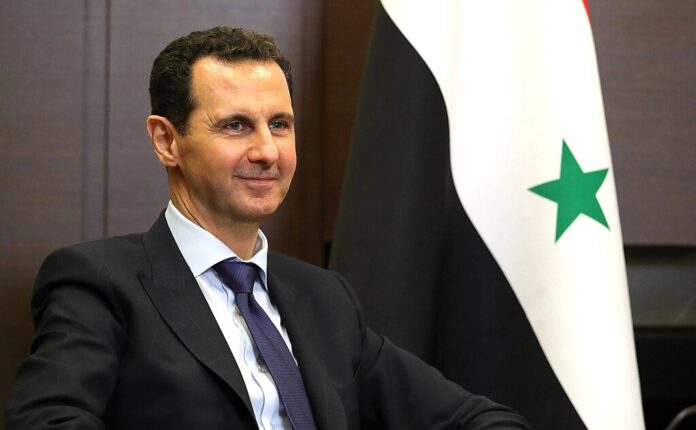Following the overthrow of Bashar Assad, Syria stands at a pivotal crossroads. The newly established Islamist rulers find themselves under intense scrutiny as their assurances of safeguarding minority rights are put to the test. The prevalent mood among Syrians is one of optimism tempered with vigilance; there is a strong collective resolve to avoid the culture of silence that pervaded during Assad’s regime. As churches open doors to Christian congregations once again, and schools welcome back students to classes disrupted by conflict, the everyday routines that symbolize normalcy begin to take root.
On the international front, significant shifts are underway. The United States has confirmed direct contact with Syrian rebels, marking a reorientation in geopolitical alliances. This engagement echoes a broader regional realignment, highlighting the crucial role Syria’s trajectory plays amidst Middle Eastern dynamics. The transition has already affected regional economies, security partnerships, and diplomatic frameworks far beyond Syria’s borders, as nations grapple with the implications of a post-Assad era.
Embed from Getty ImagesThe road ahead for Syria is complex, laden with challenges and opportunities alike. A departure from autocratic rule presents an opening for democratic institutions to flourish. However, it also demands vigilant observation from the international community to ensure that promises of inclusivity and equal rights are honoured.
The resilience of the Syrian population remains a focal point in this story. Despite past and present adversities, Syrian society’s determination to contribute to a dialogue on governance, rights, and national identity underpins the nation’s hope for a better future. It remains essential that global actors provide support to foster stability and help shepherd the transitional process towards sustainable peace and prosperity.
Perspectives
Perspective 1: Some observers express cautious optimism regarding Syria’s transition. They acknowledge the complexities inherent in moving from autocratic rule to a more democratic regime but are hopeful due to the proactive involvement of international players like the United States. These observers highlight the importance of strategic dialogue and geopolitical realignment to provide a stable foundation for the fledgling Syrian government.
Sources:
Reuters
AP
Perspective 2: Human rights advocates are focused on ensuring that promises made to minority groups, such as Christians, are upheld. They stress the importance of international oversight to protect vulnerable communities and prevent the resurgence of any form of discrimination or persecution. These advocates call for the establishment of robust legal frameworks within Syria to safeguard human rights.
Sources:
AP
POLITICO
Perspective 3: Skepticism lingers amongst critics concerned about the Islamist rulers’ continued commitment to minority rights. These critics fear that despite promises, political rhetoric may not translate to tangible actions; they argue that long-standing sectarian biases and the influence of extreme factions could jeopardize the new regime’s inclusive stance, thus necessitating ongoing vigilance from both local and international monitors.
Sources:
POLITICO
Reuters
